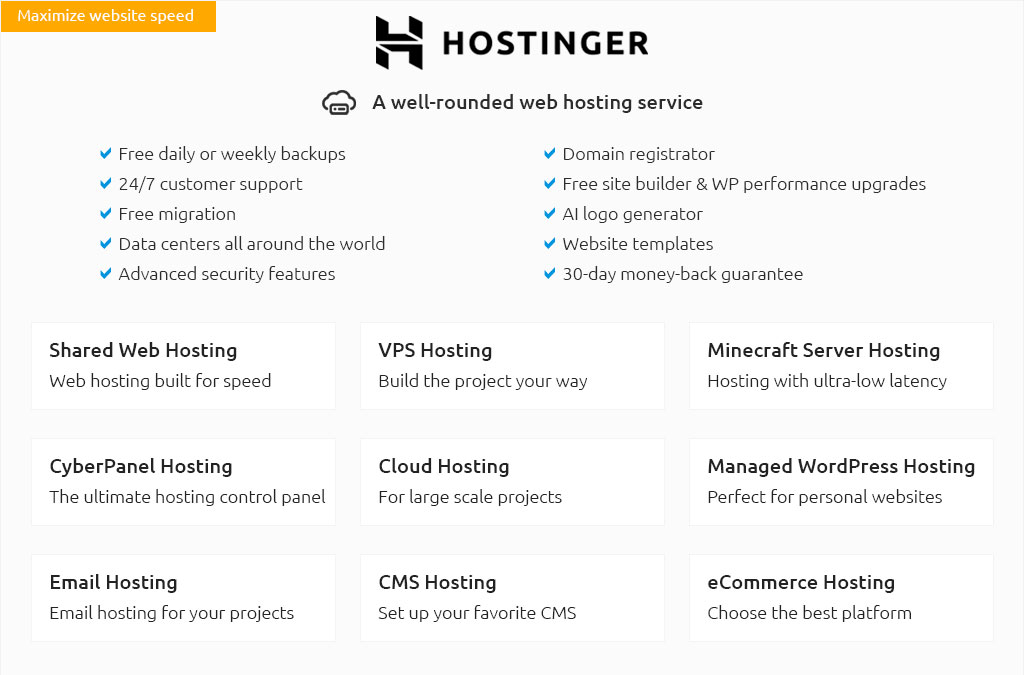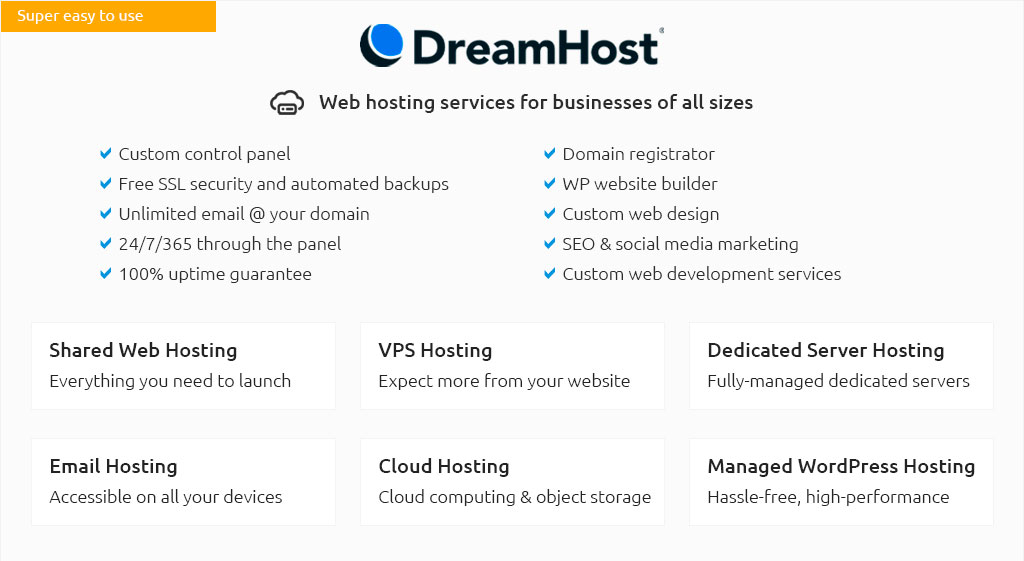 |
|||
 |
 |
 |
|
 |
|
 |
 |
 |
|||
 |
|||
 |
|||
 |
|||
 |
 |
|
Unleash the power of informed decisions with our definitive Web Hosting Reviews, where we go beyond the basics to dissect and Compare Hosting options like never before, empowering you to find the perfect match for your online needs; dive into a world where reliability meets performance, and let us guide you through the maze of technical jargon with clarity and confidence, ensuring you don't just choose a host, but the right partner for your digital journey.
https://www.reddit.com/r/webhosting/comments/b6eauc/best_site_to_find_and_compare_hosting_options/
I've come across sites like https://www.vpsbenchmarks.com/screener and https://ca.hostadvice.com/ but was wondering how valid these ones were, and if there was ... https://www.quora.com/How-does-Namecheap-compare-to-other-hosting-providers-like-HostGator-and-Bluehost-in-terms-of-quality
HostGator is known for being more affordable I hit a point where I needed faster servers and more reliabilit https://www.inmotionhosting.com/compare-inmotion-hosting
Compare Web Hosting Providers. See how our Web Hosting solutions stand apart from the competition.
|